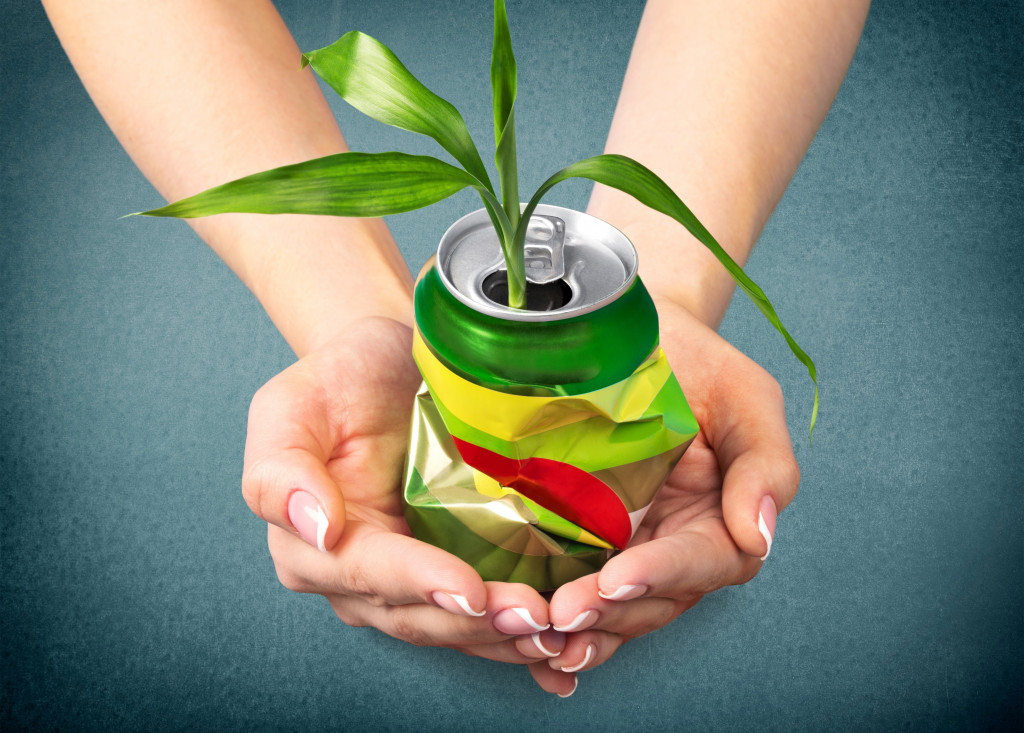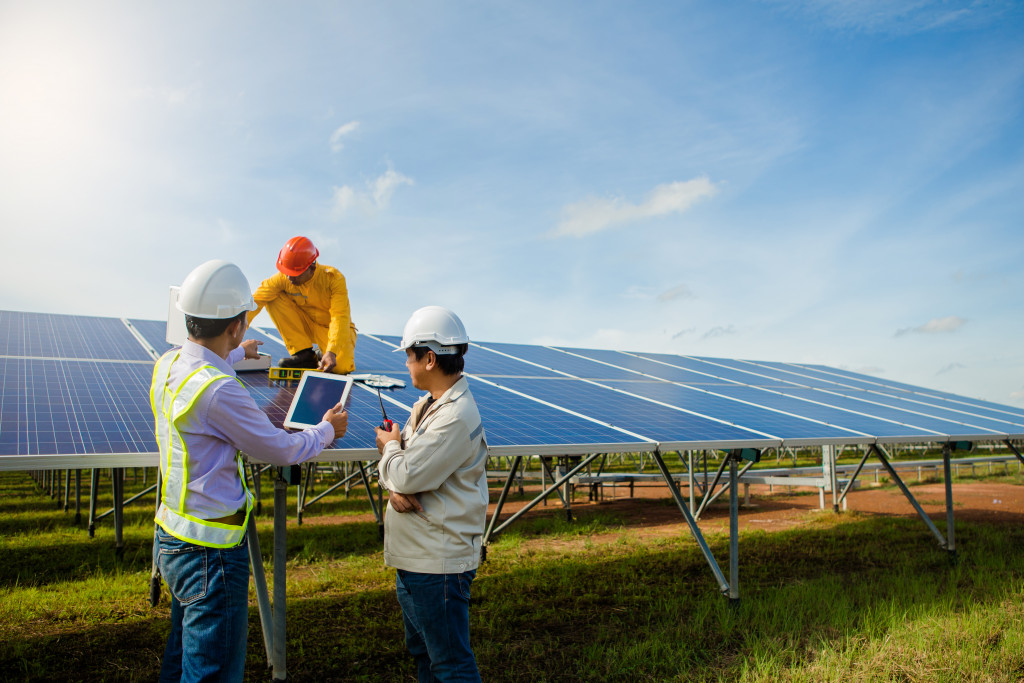- Adopting a greener mindset is the first step towards creating a more sustainable home.
- Energy conservation, green cleaning, and recycling significantly reduce environmental impact and save money.
- Harnessing renewable energy with solar panels and maximizing natural resources foster sustainability and cost savings.
- Implementing measures like composting, rainwater harvesting, and installing low-flow fixtures contribute to a more eco-friendly home.
As the world becomes more conscious of sustainability, many people are in search of ways to incorporate environmentally sustainable practices in their homes. Fortunately, going sustainable in your home is a lot easier than you might think. It isn’t just about making your home eco-friendly, but it is also about improving your well-being and fostering a cleaner environment. By embracing sustainable practices, it becomes easier to reduce your carbon footprint, reduce waste in the environment, and become more mindful about how you live your life.
Start With a Greener Mindset
Before you start incorporating sustainable practices in your home, you need to have a mindset that is open to embracing the principles of sustainability. Going into the process with the knowledge of how your actions or inactions in your home have an impact on the environment helps you to make the right decisions. Set small but achievable goals like the following:
Reduce Your Energy Consumption
Reducing your energy consumption is one of the most impactful ways to embrace sustainability at home. It is not just beneficial for the environment, but it can also significantly lower your utility bills. Begin by switching off lights when they are not in use and unplugging electronic devices that are not being utilized. It is worth considering investing in energy-efficient appliances and LED light bulbs, as they consume less energy and boast a prolonged lifespan.
Use Greener Cleaning Products
Traditional cleaning products often contain chemicals that can harm both the environment and your health. By switching to greener cleaning products, you’ll be decreasing your exposure to toxic chemicals and reducing pollution in the waterways. Look for products that are plant-based and biodegradable, or consider making your own cleaning solutions from natural ingredients like vinegar and baking soda.
Commit To Recycling
Recycling is a key component in the quest for a more sustainable home. By separating recyclables such as paper, plastic, and glass from your general waste, you contribute significantly to waste reduction. Furthermore, many items in your home, like old electronics, batteries, and light bulbs, can also be recycled at specialized facilities. Incorporate a recycling system into your home, making sure to rinse out containers before recycling.

Install Solar Panels
Installing solar panels is another excellent strategy for creating a sustainable home. Not only do they significantly reduce your home’s carbon emissions, but they also cut your energy costs in the long run.
By harnessing renewable energy from the sun, you contribute to a future where energy is clean, inexpensive, and abundant. A reliable PSC Electrical solar panel installation, for instance, offers a cost-effective and environmentally friendly solution to your energy needs.
In most cases, solar panels are installed on the roof of a home, optimizing exposure to sunlight. However, if that is not an option for your property, you can still explore alternative locations like the ground or a nearby field.

Maximize Natural Resources
Sustainability is also about learning to utilize natural resources that are at your disposal. During the day, open windows and let in natural light instead of running lights and air conditioning. Put in a vegetable garden, which ensures that you are eating fresh, organic foods while also reducing your carbon footprint. Here are other practices that you can do:
Compost Kitchen Scraps
Composting is an excellent method to minimize kitchen waste and contribute to the health of our planet. By composting vegetable peels, coffee grounds, eggshells, and other biodegradable kitchen scraps, you can produce nutrient-rich soil for your garden. This practice not only reduces landfill waste but also enhances the quality of your garden soil, reducing the reliance on artificial fertilizers. Embrace composting and make a positive impact on both the environment and your garden’s vitality.
Use a Rain Barrel To Collect and Store Rainwater
Harnessing rainwater for use in your garden or home is a simple yet effective step towards sustainability. By setting up a rain barrel, you can capture and store rainwater from your roof that would otherwise be lost to runoff and diverted to storm drains. This collected water can be used for watering plants, washing cars, or any other household tasks that don’t require potable water. It not only saves you money on your water bill but also reduces the demand for municipal water supplies.
Install Low-Flow Showerheads and Faucets
Installing low-flow showerheads and faucets is another excellent way to reduce water consumption in your home. These devices limit the flow of water, thereby decreasing water usage. Despite the reduced water flow, they still provide adequate water pressure for a comfortable shower or to wash dishes effectively. By making this simple switch, you can significantly cut down on your water usage, resulting in lower water bills and a more sustainable home.
Adopting sustainable practices in the home is not only about creating a more eco-friendly environment, but it’s also about making smarter consumer choices and prioritizing mindful living. Making small changes in your everyday life can make a big difference. Like every other significant change, embracing sustainable practices may take some time to get used to, but it is worth it. By following these tips, you can create a greener and more sustainable home for yourself and future generations.
